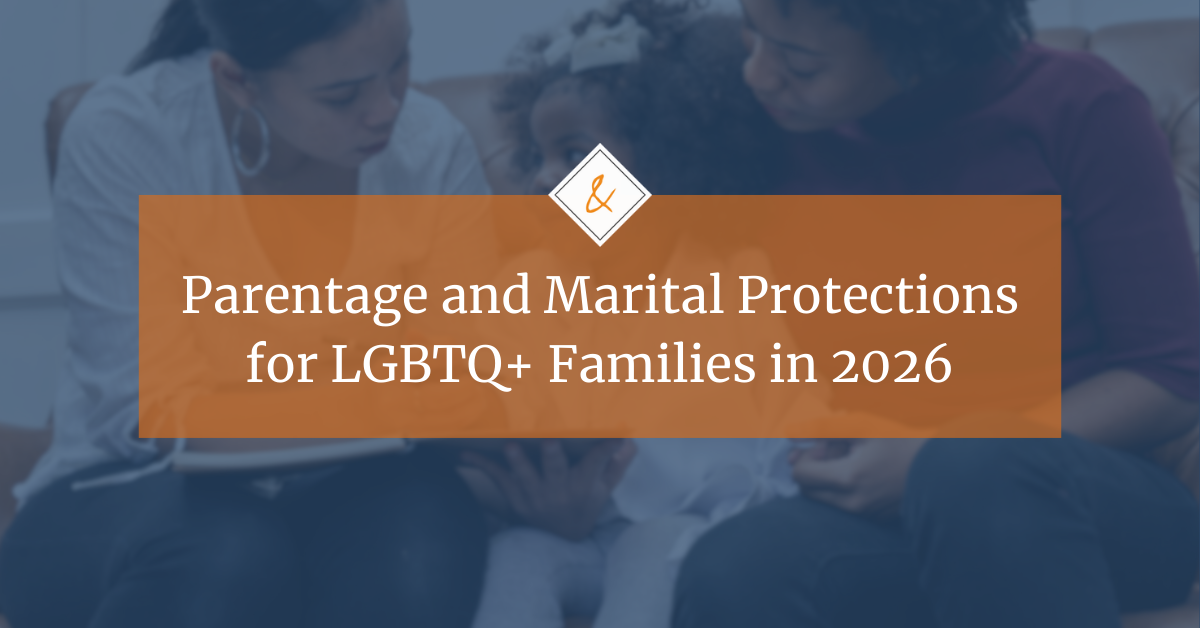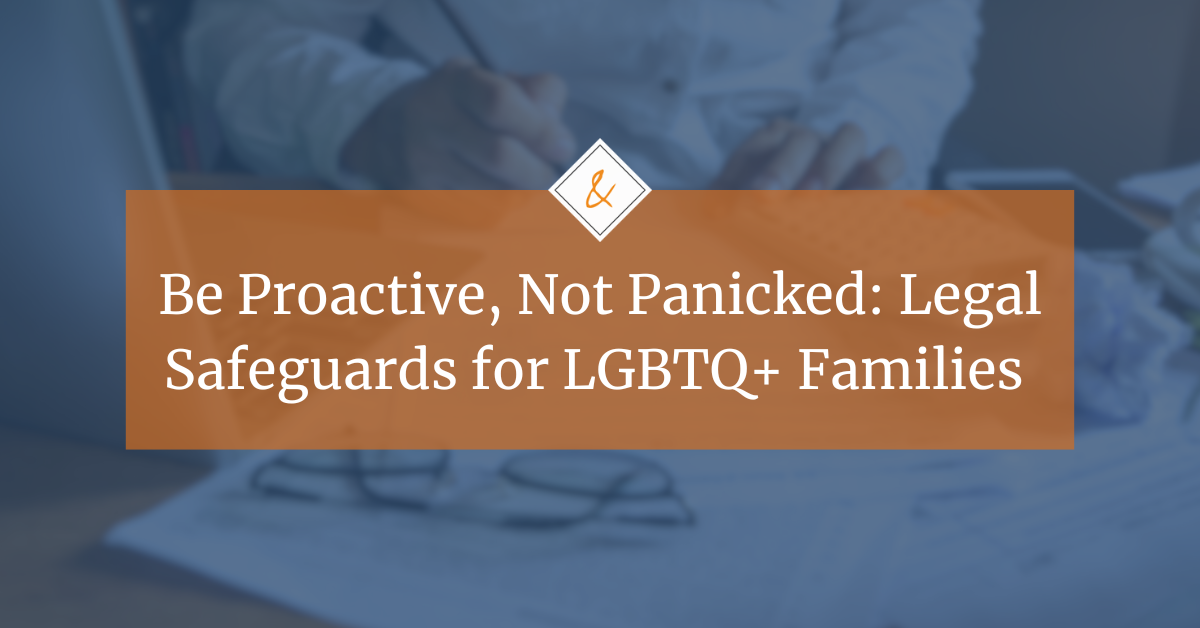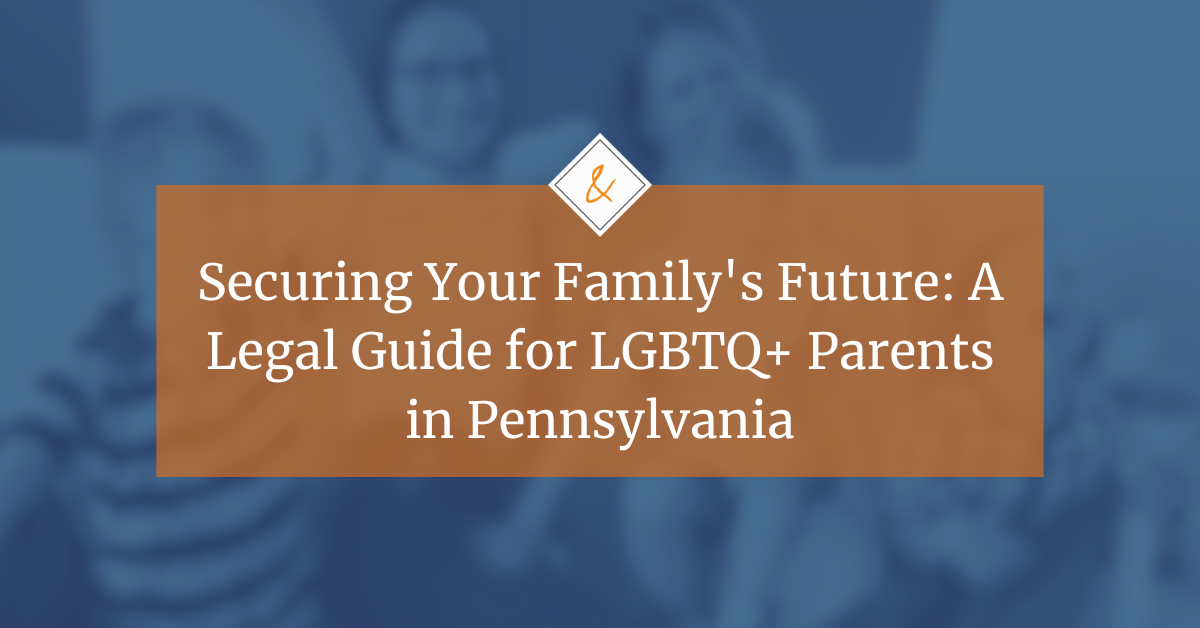On July 24, former Kentucky county clerk Kim Davis filed a petition asking the U.S. Supreme Court to review Ermold v. Davis. In her petition for certiorari, Davis went further than the narrow issues in her case: she asked the Court to revisit Obergefell v. Hodges — the 2015 decision that established the freedom to marry for same-sex couples nationwide. This development has raised concern within the LGBTQ+ community and beyond.
Background on the Davis Case
In 2015, Kim Davis, then a county clerk in Kentucky, refused to issue marriage licenses to same-sex couples, openly defying the Supreme Court’s ruling in Obergefell v. Hodges. A Kentucky court later awarded damages to David Ermold and David Moore for the emotional distress caused by her refusal. Davis has since appealed multiple times and has now lost three times at the Sixth Circuit Court of Appeals. The primary issue before the courts is narrow — whether she can be held personally liable for damages.
Why Concerns About Marriage Equality Persist
Kim Davis’ request for the Supreme Court to revisit Obergefell has understandably raised concerns about the future of marriage equality. The Davis case does not exist in a vacuum: in recent years, resolutions have been introduced in five states seeking to overturn marriage equality, and in his concurrence in Dobbs, Justice Thomas explicitly questioned Supreme Court precedents grounded in the doctrine of substantive due process under the 14th Amendment.
That body of law protects fundamental rights tied to privacy, autonomy, and family life — including:
- Access to contraception (Griswold v. Connecticut, 1965)
- Interracial marriage (Loving v. Virginia, 1967)
- Marriage equality itself (Obergefell v. Hodges, 2015)
Legal Safeguards That Protect Marriage Equality
While the fear surrounding challenges to marriage equality is real, important safeguards are already in place. The Respect for Marriage Act, passed in 2022 following Dobbs, repealed the Defense of Marriage Act (DOMA) and requires the federal government to recognize marriages valid where performed.
The Respect for Marriage Act also obligates every state to recognize same-sex and interracial marriages performed legally in other states. Beyond legal protections, public opinion polls consistently show that more than 70% of Americans support the freedom to marry.
Protecting LGBTQ+ Families Beyond Marriage – Be Proactive!
It’s important to remember that marriage equality does not automatically guarantee parental equality in every state. For many LGBTQ+ families, additional legal steps are still necessary to ensure full protection.
While now is not the time to panic, it is the time to be proactive. Here are three things you can do to be proactive:
- Complete a Confirmatory Adoption: Parentage laws vary widely from state to state. While Pennsylvania recently adopted the doctrine of “parentage by intent”, a confirmatory (second-parent) adoption secures the parental rights of non-biological or non-gestational parents through a court order and ensures those rights are recognized nationwide. Confirmatory adoption remains the gold standard: it creates a court order of parentage that must be recognized in every state, providing security that marriage alone cannot always ensure.
- Support Efforts to Modernize Parentage Laws: Despite having positive case law, Pennsylvania currently has no statutory protections for children born through assisted reproduction. Pennsylvania’s HB 350, which passed the Pennsylvania House in June 2025, would modernize parentage laws to make them more equal and inclusive. This bill is currently pending in the Senate. Learn more about HB 350 and the Pennsylvania Parentage Coalition here.
- Get Your Estate Planning in Order: In addition, thoughtful estate planning and, when appropriate, prenuptial or postnuptial agreements can provide families with an added layer of security and peace of mind. Wills, trusts, powers of attorney, and healthcare directives ensure that your wishes are carried out and your loved ones are protected in the event of illness or death.
The Bottom Line
The Davis Petition is a reminder of how important it is to stay vigilant and proactive. At Hangley Aronchick Segal Pudlin & Schiller, we’re proud to have stood at the forefront of marriage equality in Pennsylvania as counsel in Whitewood, the case that struck down the Commonwealth’s marriage ban, and we remain committed to helping LGBTQ+ families secure and protect their rights today.



